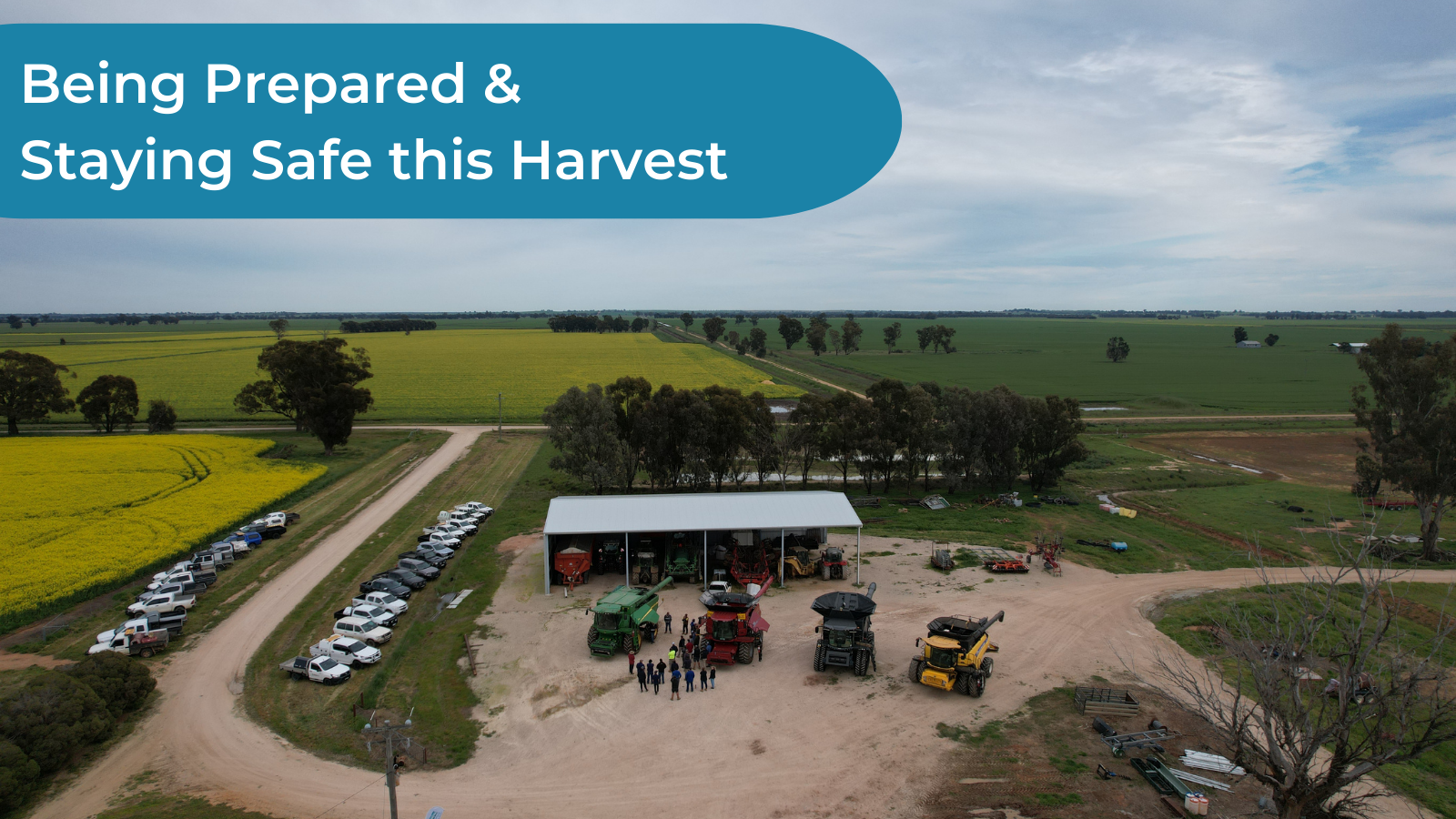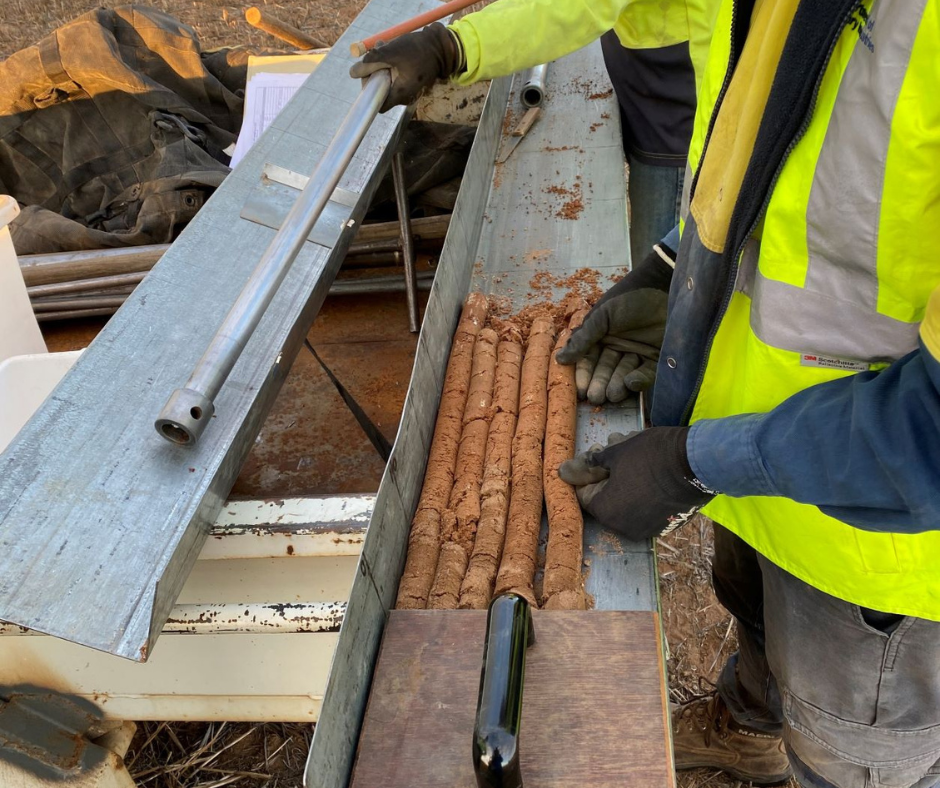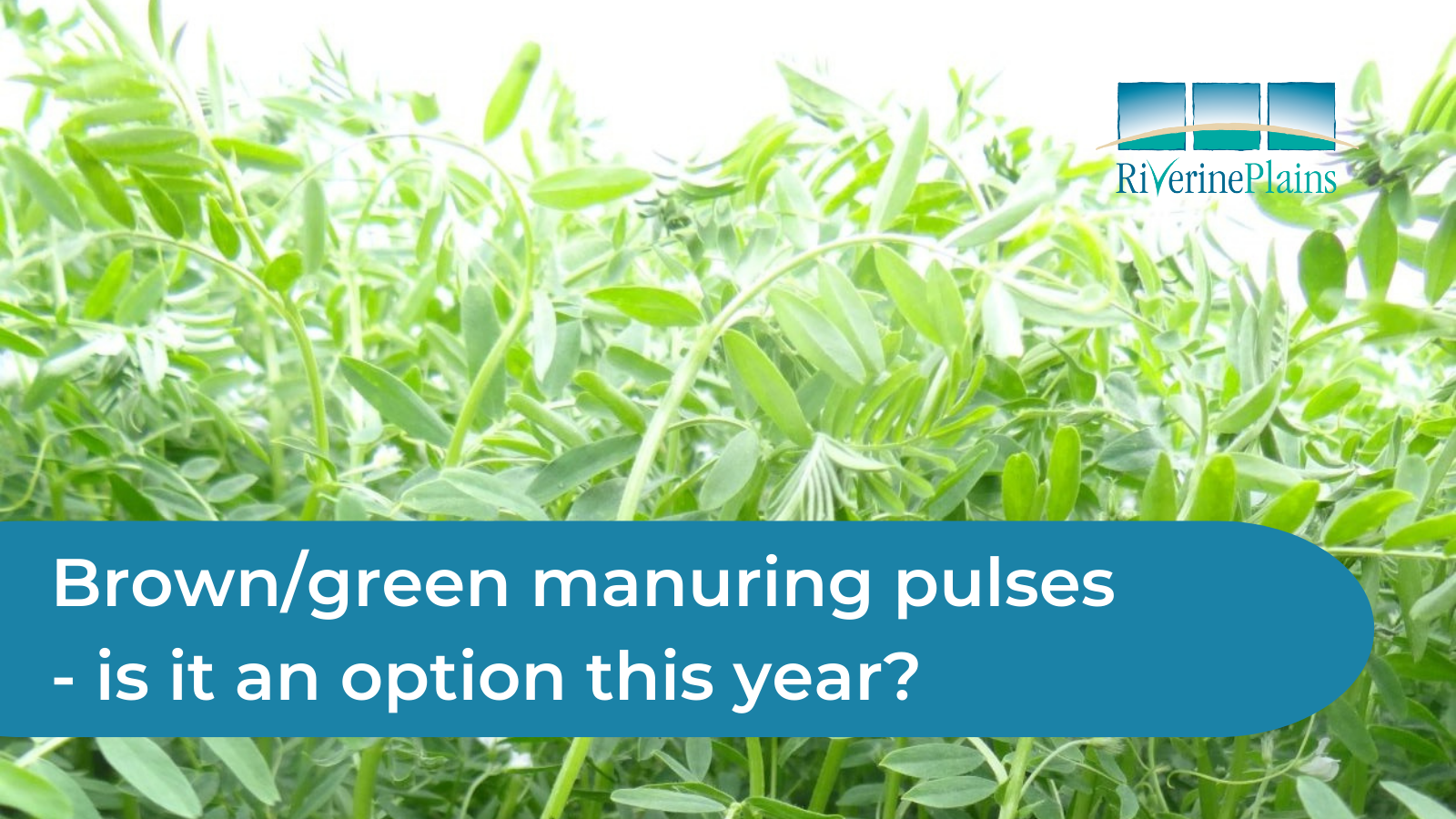Being Prepared and Staying Safe this Harvest

Key Messages:
-
Each day is different – some days will run more smoothly than others so be aware of this and know when to take a break, switch paddocks or call it a day.
-
Try to think rationally and not over think things. Discuss options openly with your harvest staff.
-
Share the responsibility with others and delegate tasks when possible.
This season is testing the resilience and patience of farmers in our region and while harvest is currently very stop, start and erratic, it is important to keep safety at the forefront.
Glove Box Guide
The best way to avoid disaster is to plan and prepare. Ensure that expectations and standards are set across your harvest staff, to ensure everyone remains safe.
SafeWork have created a Glove Box Guide that you can share with your team (especially those who may be working their first harvest job).
Some key points:
- Before you get into machinery or a vehicle, you should be fit to drive, alert and capable of operating safely.
- Inspect the vehicle or machine before operating.
- First aid and extinguishers should be up to date and functional.
- Check prime movers, trailers, header fronts to confirm they are attached correctly.
- Wear appropriate PPE (personal protective equipment) such as non-slip closed in boots, face masks and goggles.
- Immediately report and document damages or maintenance.
- Ensure effective means of communication are always available.
- Enter and exit the vehicle or machine in a safe manner. Regularly check the side steps, grab handles, and use three points of contact. Ensure machines and vehicles are in park with brakes applied when entering, exiting or when other people are close by.
- Ensure all cabin areas are in good condition and well maintained.
- Park machinery and vehicles on flat, level ground.
- Avoid distractions such as mobile phones or passengers.
- Manage the risk of a fall by using work platforms, guardrail systems, or edge protection including barriers and handrails where working from the ground is not possible
- Have a detailed and structured fire safety plan that is very well communicated across the entire team.
- Always take extra care and caution in wet conditions (holes and boggy areas in paddocks are hard to spot from the cab).
Fatigue Management: not a one size fits all!
Harvest triggers an ‘all systems go’ state of mind, especially when dealing with a particularly challenging season. Fatigue and exhaustion can result, which can lead to increased risk. This season is likely to be a long and drawn-out affair, so managing physical and mental fatigue will be critical to managing safety this harvest.
The National Centre for Farmer Heath outlines the symptoms of fatigue as any of the following.
- Headaches, dizziness, blurry vision
- Slow reflexes and reactions, poor concentration
- Feeling irritable, moody, short tempered
- Aching or weak muscles
- Feeling tired all over or sleepy
- Micro-sleeps.
During harvest in particular, these symptoms can be brought on by stress, lack of rest and sleep, working long hours with no breaks, unhealthy eating, or alcohol.
WorkSafe Victoria provide tips on fatigue prevention:
- Open communication within the team and management
- Schedule breaks
- Entire operation pauses for a designated time at regular intervals, to stretch and recharge. What might seem like an unnecessary delay is reducing future risk.
- Regularly eat healthy, substantial meals and drink plenty of water (2.5 - 3L for an adult)
- Be wary of night shift work and the added exhaustion this creates
- Limit or avoid alcohol
- Do not try to manage fatigue with over consumption of caffeine
Fatigue management is certainly not one size fits all, however if prioritised and an expectation of open communication is created, serious injury or damage can be prevented.
Monitor your own symptoms, be accountable and speak up when you need a break. Harvest (especially this season!) is not a sprint.
Be Prepared and Stay Safe this Harvest
While these tips might seem ‘easier said than done’, safety and preparedness can often become a lesser priority to getting the job done. Nothing is more important than safety, so make a plan to identify and manage your safety risks this harvest season.
Sources & Further Reading
ISBN-Fatigue-prevention-in-the-workplace-guide-2019-07.pdf (worksafe.vic.gov.au)
Fatigue | National Centre for Farmer Health
An outline of employer and employee responsibilities regarding fatigue: Fatigue | SafeWork NSW


